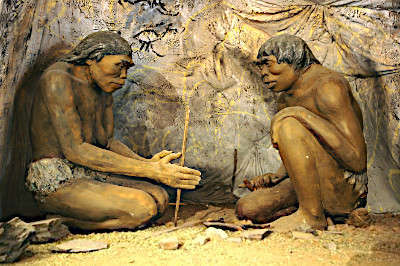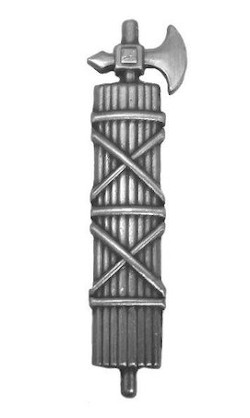Human beings were social beings before they were human. For most human beings the mental apparatus for social connection appears to be “wired in” to the brain. Some scientists believe that as the neocortex in the human brain evolved it played a large part in helping humans develop more complex language and social skills. Those skills facilitated connecting with other humans on higher and higher levels of complexity.

Being social beings has it upsides and its downsides. One of the more important social skills is detecting deception in others. The modern field of evolutionary psychology has shed light on just how much of our mental resources have evolved to evaluate and predict the behavior of other human beings. In a world where cooperation and trust are important factors in our dealings with other human beings, being able to reliably predict the behaviors and motivations of others is a critical life skill.
There are some really important upsides to being social beings. For one, and as our pre-human ancestors obviously figured out, you are likely to be a lot safer in a group than alone. On the open savannas of Africa a group of hunters together were safer from predator attack than one alone. The ancient Roman symbol of the Fasces perfectly symbolized this.

The meaning was that the sticks individually could be easily broken, but bound together (or as humans cooperating together) the collective bundle was strong and very hard to break. There are other nuances of this symbol too, but for now let us just focus on this idea of strength through collective binding into groups.
Primitive hunter gatherers like our ancient ancestors did not have the great differences of material wealth that we see in many modern societies. In societies like these not tied permanently to a piece of land (like farmers later on) you had to carry all of your wealth with you so extreme disparities were not very practical. Most likely you wouldn’t have seen any of those folks carrying around heavy bags of gold.
There were almost certainly differences of rank and stature in those early groups, but from outward appearance the differences would have probably looked fairly small to modern humans. In reality there almost certainly were real differences, for example, the more powerful members almost certainly got more sex with desirable mates than the less powerful.
Hunter gatherers were probably closer to a form of Socialism than just about anything that has existed since. Communal living, sharing resources like food, and common defense seem to be the hallmarks of these societies. When you consider how close they lived to nature and the relatively small size of their bands that probably shouldn’t be too surprising. Life was hard and you had to stick together for safety, both from human and animal predators, and individual shortages.
Think on this. Human beings and their immediate ancestors have been hunter gatherers for perhaps a couple million years at least. Farming and more advanced societies have been around maybe 10 thousand years. Why is that important?
If you accept the idea of human evolution then what we inherit from hunter gatherers, both physically and mentally, is probably a lot more important than what we inherit from the farmers and city builders who were late comers in human evolution. Living in the modern world of airplanes, automobiles, computers, and vast metropolitan cities a lot of our mental tools may still be more tied to those hunter gatherer societies than we know.
If we feel some alienation from this modern world perhaps it has its roots in our ancient hunter gatherer minds, minds adapted to very different world than we live in now.
Copyright © 2019 Lawrence W. Kennon